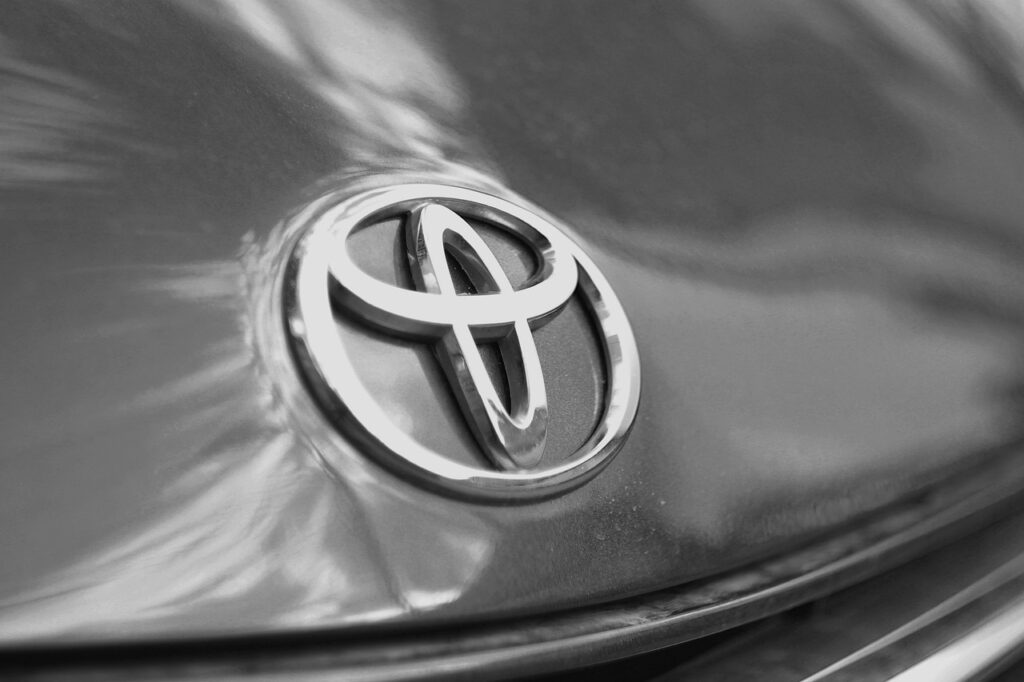Toyota Motor Corporation has unveiled its third-generation fuel cell system, marking substantial enhancements across performance metrics and cost-effectiveness. Anticipated for release post-2026 in major markets, including Japan, Europe, North America, and China, this innovation is engineered to cater to both commercial vehicles and passenger cars alike, according to official Toyota statements.
Empirical data suggests that the updated fuel cell system offers up to twice the durability of its predecessor, reaching a benchmark comparable to conventional diesel engines. Such a feature is particularly vital for heavy-duty commercial vehicles where engine endurance is critical. Moreover, the advancements in fuel efficiency are noteworthy, achieving an improvement of 1.2 times over the previous iteration, which translates to a 20% increase in cruising range, thereby enhancing the vehicle’s operational feasibility.
Strategically, Toyota continues to advocate for hydrogen as a fundamental element in attaining carbon neutrality. This initiative is part of the company’s broader commitment to industry collaboration in the areas of hydrogen production, distribution, and application. The importance of the hydrogen trajectory cannot be overstated, especially when witnessing a harmonizing interest among automotive players in reducing global carbon footprints. The attributes of the new system such as a maintenance-free design add layers of operational advantage, a crucial selling point for commercial clients seeking minimized downtime and operational costs.
Integral to these advancements are the cost reductions achieved through innovative cell design and optimized manufacturing processes. Notably, the reduction in costs is pivotal for increasing accessibility and adoption across different vehicle segments. However, despite these advances, the success of this technology will ultimately rely on broader infrastructural and regulatory support, particularly in nations where hydrogen refilling stations remain nascent.
Toyota’s push into fuel cell technology reflects a strategic response to the evolving automotive landscape where electrification and sustainability are becoming imperatives rather than options. These technological advances not only signify Toyota’s engineering prowess but also set a benchmark in the market for fuel cell applications across multiple vehicular and industrial applications. As anticipated, the 3rd Gen FC System will have its premiere at the H2 & FC EXPO in Tokyo, offering a tangible preview into the future of hydrogen-based mobility solutions.
Through continuous R&D and industry partnerships, Toyota strives to elevate the role of hydrogen in achieving sustainable energy goals. Nevertheless, systemic challenges persist, such as the need for cohesive policy frameworks and investments in hydrogen infrastructure, which are critical to transitioning from innovation to widespread commercial reality.





